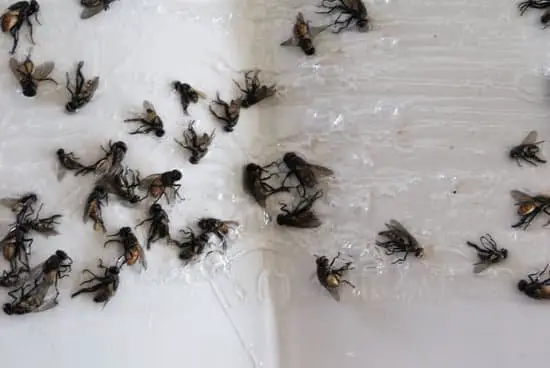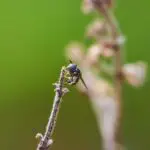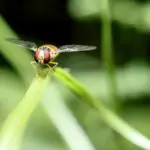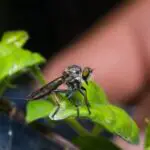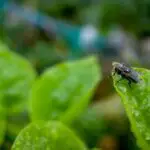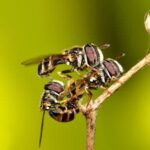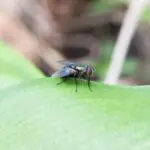When Does Flies Lay Eggs?
Fly eggs are laid on decaying organic matter like food waste, carrion, or feces. They’re small, white, and hatch in about eight to twenty hours. Despite their small size, they have a great reproductive capacity. In fact, female flies can lay up to 100 eggs in a single batch.
Flies are very selective when deciding where they lay eggs. They want their offspring to have the best chance of surviving, which is why they prefer places with plenty of food and protective spaces. Without these two elements, they’ll not be able to survive. Therefore, you can prevent flies from laying eggs in your home by blocking entry points.
Fly eggs are very small and resemble a grain of rice. They hatch between eight and twenty hours after the adult fly lays them. After hatching, the eggs develop into maggots, which are about half an inch long. Once these maggots develop, they begin the process of moulting, where they shed their exoskeleton.
It’s not a big deal, but it’s worth checking your garden equipment to make sure nothing is infested. Flies love grass clippings because they provide abundant food and shelter. Bringing grass clippings indoors may spread flies’ eggs.
